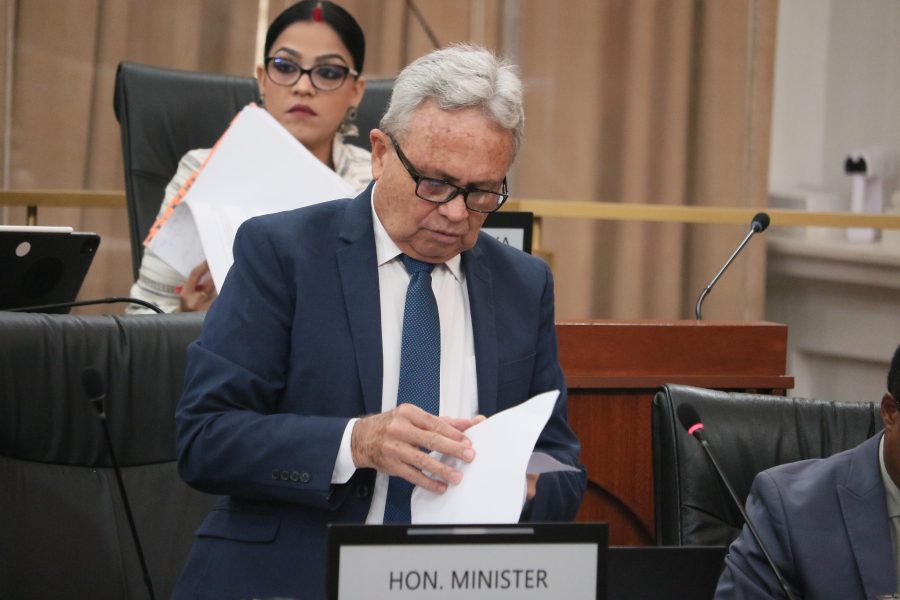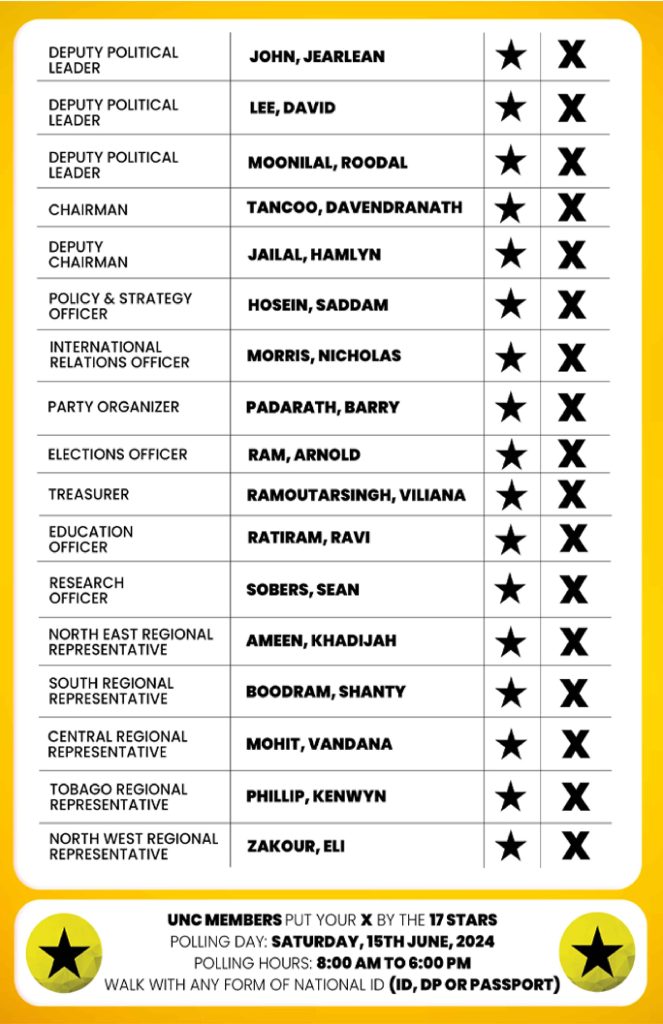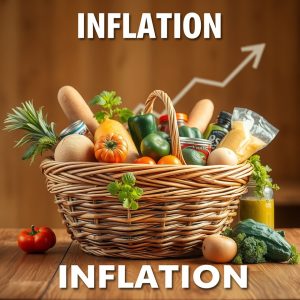
THE recent Supplementary Appropriation Bill 2024, also known as the Mid-Year Review, allowed for some fresh perspectives on our economy and its overall health. At the core of this debate was the supplementation of our 2024 budget with the approval of an additional $2.3 billion in expenditure. Of course, the debate would often descend into cut and thrust of political jousting but a few key pieces of information can be distilled from this debate which for me, provides a good perspective on the Trinidad and Tobago Economy.
A significant report cited by the Minister of Finance and others in the debate was the International Monetary Fund’s Article IV consultation report for 2024, released on June 5, 2024. This document provided this country with some fresh information and insight from a highly credible and reliably independent source.
In the report, the IMF gives a glowing testament to the economic and financial management of our country, especially after the devastating impact of the Covid-19 pandemic, stating, “For the first time in a decade, Trinidad and Tobago is undergoing a gradual and sustained economic recovery.”
Paid political advertisement
This, after the organisation estimated three consecutive years of economic growth from 2022 to 2024. The IMF further reported that other key economic indicators appear healthy, citing a sharp decline in inflation, expanding bank credit to private sector, a current account surplus for 2023 and an adequate international reserve coverage. The IMF expected growth to gain momentum in 2024, estimating our economy to expand by 2.4%, led by the non-energy sector.
Given the sharp economic contraction of 9.1% in 2020, caused by the Covid-19 pandemic and rising inflation in its aftermath, which hit as high as 8.7% in December 2022 but declined to 0.8% by March of 2024, these are certainly good signs that the economic health of this country has improved significantly.
Our trade balance continues to be positive and sustained while our external buffers such as the Heritage and Stabilization Fund remain strong, approaching US$6 billion, according to the Minister of Finance.
Though declining to $5.5 billion in March 2024, according to central bank data, the IMF has assessed our net foreign reserves as adequate. However, it highlights the need to be cautious in terms of how foreign exchange is utilised and earned.
While energy prices and production remain subdued and the demand for foreign imports continues to be high, further downward pressure can be placed on reserves.
Paid political advertisement

However, on this point, I note the positive outlook for the energy sector which is projected to grow in 2024 and gain momentum. The Minister of Energy and Energy Industries Stuart Young made some major announcements in recent months, which can positively impact the energy sector in the long term. The first was the finalisation of the Atlantic LNG restructuring negotiations, which gave government a larger stake in the facility, positioned it to maximise the value of the operations and created the conditions for further upstream investments. More significant, were the hard fought Dragon and the Manakin-Cocuina deals which have the potential to, “return T&T to the heights of gas production”, according to Minister Young. Based on the estimates produced, I am inclined to agree with the minister.
In the short to medium term, this country will continue to encounter risks to revenue generation which is subject to price fluctuations of the international energy markets and low production. However, it is anticipated that the full implementation of the procurement legislation will improve efficiency of public expenditure, reducing waste and mismanagement. At the same time, the anticipated operationalisation of the Revenue Authority is expected to enhance revenue collections, thereby positively impacting the fiscal deficit during this period.
Public and private investment as well as major infrastructure projects are currently underway, injecting money into the economy and creating jobs. The full reopening of the economy after the pandemic as well as the direct and indirect impacts of these investments have contributed to a declining unemployment rate, falling from 7.2% at the height of the pandemic in 2020 to 4.1% by the end of 2023, according to the central bank.
The country maintains a robust social services sector, ensuring the most vulnerable in society are provided for, from free healthcare, food support and senior citizens’ grants, to free tertiary education and continued subsidies on electricity, fuel and transport, to name a few.
As an indicator of this country’s continued development, Trinidad and Tobago currently occupies the highest tier, of “very high human development” in the UN Human Development Index, ranking 60 th out of 193 countries, according to the latest data.
The economic data and evidence clearly points to improved economic circumstances and a sustained economic recovery. This is very commendable especially, taking into consideration that this government faced two major energy shocks during its tenure, with oil prices declining to near zero during the pandemic.
It also confronted and successfully managed the health and economic crisis of the Covid-19 pandemic, gaining both local and international commendation for its efforts.
Paid political advertisement

However, challenges still lay ahead. Crime and security continue to be a national and regional threat and our battle with criminal elements impacts investor confidence and quality of life. We are still subject to the ebb and flow of international energy price fluctuations and the geopolitical climate is currently the most unstable it has been since the cold war. These and other endogenous and exogenous factors represent risks which the government must be cognisant of and effectively manage, to navigate the way ahead. The last decade has been difficult for this country but some of these risks have now subsided. Despite the past challenges and continued risks, it is a very positive sign that Trinidad and Tobago is finally on a growth path once again.
Vyash Nandlal is an economic researcher and advisor in the Office of the Prime Minister with more than 14 years’ experience in the field of economic and financial research and analysis. He holds professional qualifications in Economics and Finance and serves on the boards of several private, state and non-profit organisations.
![]()













